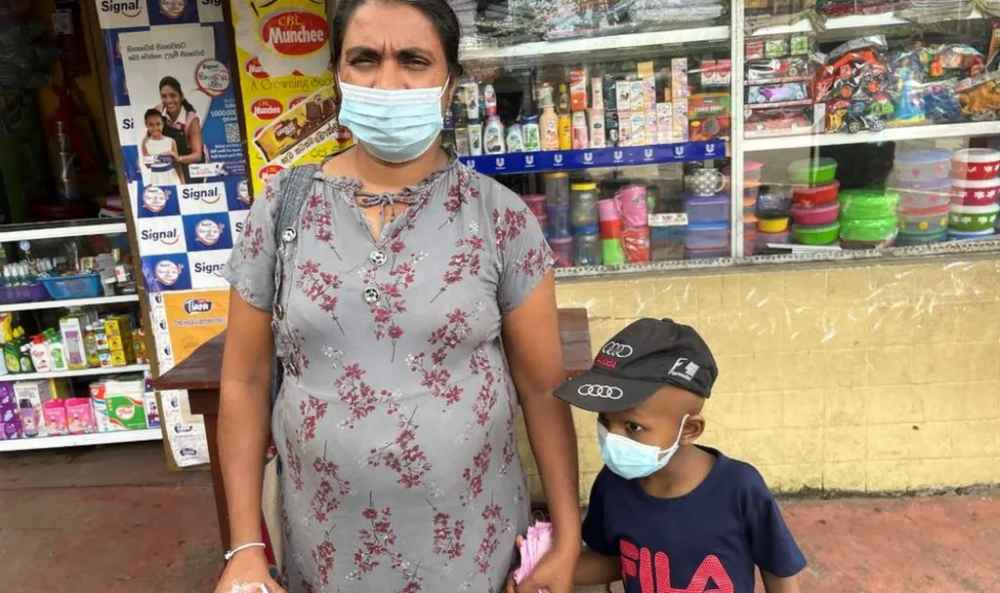In Sri Lanka, the provision of universal healthcare has long been a source of pride for the nation, offering free health services to its citizens. However, in recent times, the once-celebrated healthcare system has been grappling with a myriad of challenges, exacerbated by a devastating economic crisis and shortages of essential medicines.
The plight of parents like Upali Pushpakumara highlights the dire circumstances faced by many families across the country. Mr. Pushpakumara, a farmer from central Sri Lanka, finds himself traveling long distances, spanning over 230 kilometers, to access cancer treatment for his son, Nuwan, who was diagnosed with leukemia last year. Despite Sri Lanka’s commitment to universal healthcare, the reality for families like the Pushpakumaras is far from ideal, with shortages of drugs and problems with counterfeit medicines plaguing the healthcare system.
The economic crisis, compounded by the COVID-19 pandemic and other adversities, has resulted in a shortage of essential medications, driving up prices and placing a heavy financial burden on families already struggling to make ends meet. As Mr. Pushpakumara and countless others navigate the challenges of securing life-saving medications for their loved ones, they are faced with spiraling costs and diminishing access to quality healthcare.
The situation is particularly dire for families with sick children, such as Niluka Sanjeevani, whose four-year-old son is battling leukemia. With the exorbitant costs of medications and the skyrocketing prices of basic necessities like food and housing, families like the Sanjeevanis are forced to make difficult choices, often sacrificing their own well-being to ensure their children receive the care they desperately need.
The healthcare sector itself has been deeply impacted by the economic crisis, with shortages of drugs and an exodus of healthcare professionals exacerbating the challenges faced by patients. Sri Lanka’s reliance on imported medicines has left the country vulnerable to supply chain disruptions and currency fluctuations, further exacerbating the shortage of essential medications.
Moreover, reports of substandard medicines and allegations of corruption within the healthcare system have eroded public trust and raised concerns about patient safety. Families like the Sanjeevanis and the Pushpakumaras are left grappling with the consequences of a healthcare system in turmoil, where access to quality care is increasingly elusive.
As the government grapples with the myriad challenges facing the healthcare sector, there is an urgent need for comprehensive reforms to address the root causes of the crisis. Increased funding for healthcare, measures to combat corruption and ensure the availability of quality medications, and efforts to retain and recruit healthcare professionals are essential steps towards alleviating the suffering of patients and their families.
In the face of adversity, families like the Pushpakumaras and the Sanjeevanis demonstrate resilience and determination as they navigate the complexities of a healthcare system in crisis. Their stories serve as a stark reminder of the urgent need for action to ensure that all Sri Lankans have access to affordable, quality healthcare when they need it most.
